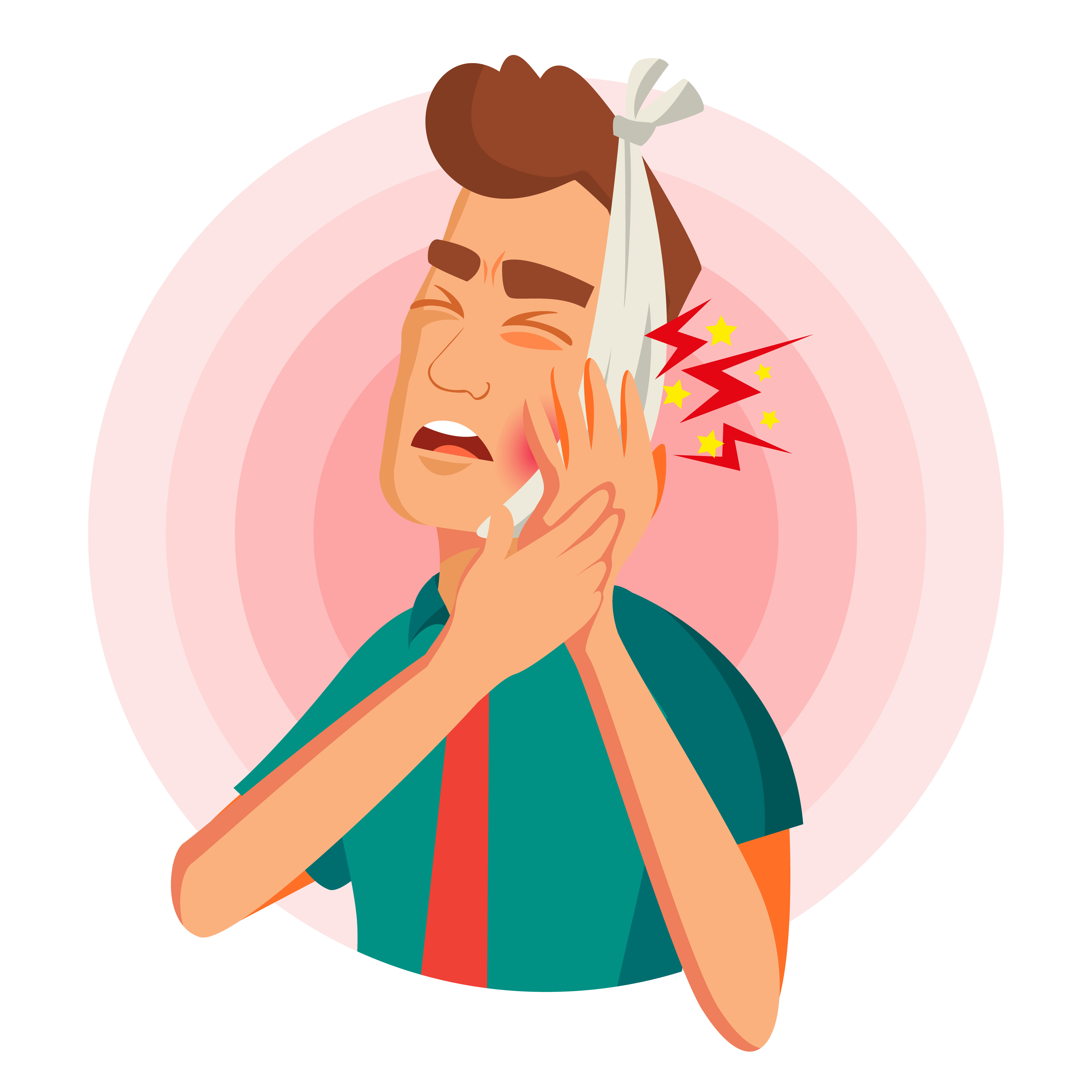Dental Emergency: What to Do and How to Prepare

Summarize with AI
Knocking out a tooth in an accident, cracking a molar on some hard food, or experiencing a sudden, unexplained toothache: All of these can be considered a dental emergency, requiring quick, professional diagnosis and treatment. Sometimes, however, it’s difficult to know whether you or someone else, is experiencing a real emergency. Here is some information that can help you understand whether you need emergency dental care, and what to do.
What is a Dental Emergency?
Urgent dental needs can include, but are not limited to: tooth aches/pain, swollen and painful gums, loose tooth or teeth, loose or broken fillings, denture issues, broken or irritating ortho appliances. As with any medical emergency, it is important to get professional advice and treatment right away. Ignoring bleeding, pain, or a loosened or broken tooth can create complications that will require more extensive and expensive treatment later on.
How Do I Know If I'm Having A Dental Emergency?
Emergencies typically involve pain, uncontrolled bleeding, or a tooth that is at risk. A tooth that is at risk is one that has been knocked out, severely loosened, broken, or cracked. It is important to seek professional care without delay to improve your chances of saving your tooth.
What Do I Do if I Believe I Need Emergency Dental Care?
It can sometimes be confusing when you need to decide where to go for a dental emergency. In general, calling your dentist is your best option. At Gentle Dental, we understand that dental emergencies can be uncomfortable and upsetting. Whether your are a patient of record or new to Gentle Dental, you can call our office at any time 24/7. Outside of business hours you may have to leave a voicemail message for our on-call dentist and he or she will get back to you promptly.
What Should I Do While Waiting for a Callback or Care?
If your tooth has been severely loosened or knocked out, do what you can to keep it in its socket. Try putting some moistened gauze over it to help hold it in place, but be sure to take care that you don’t swallow it. Remember to avoid touching the root of the tooth as to not introduce any new bacteria.
Rinsing your mouth with warm salt water can alleviate pain and help keep you comfortable while you wait. You can also use a cold compress on your cheek near the tooth to help reduce pain and swelling. Here are some other tips on how to alleviate discomfort: 10 Proven Ways to Treat a Toothache and Relieve Pain Fast.
If you do get in touch with your dentist and have to wait for your emergency appointment, ask him or her what you can do to take care of yourself. In some cases, your dentist may instruct you to take an over-the-counter pain reliever or even prescribe a painkiller that can help you manage your discomfort until you can receive treatment.
Is it Safe to Visit Gentle Dental for Care?
Rest assured, our practices are safe and have infection control policies and procedures that meet or exceed the CDC’s guidelines. This includes disinfecting operatories with hospital grade products in every room, after every patient visit. You can find additional information about our policies and protective measures here. Learn more about what we are doing and what you should do make your visit as safe as possible: COVID-19 Policies and Protections.
Finally, you can find additional information on the American Dental Association's website including best practices for addressing common dental emergencies.

.png)
